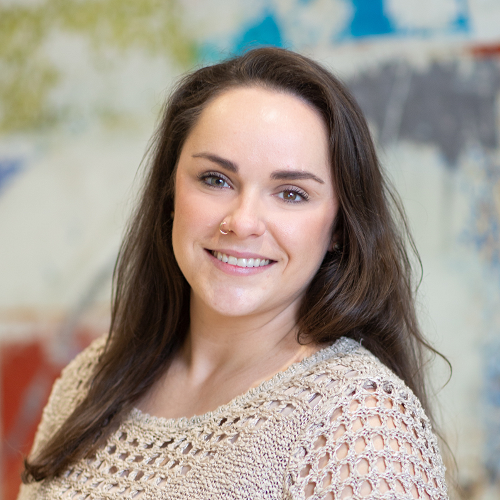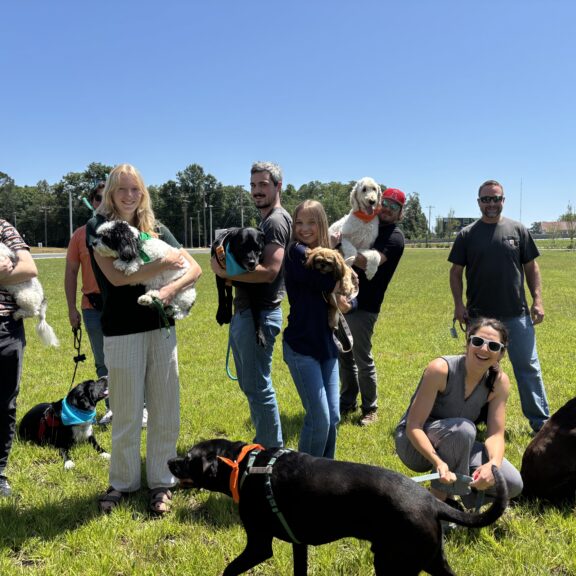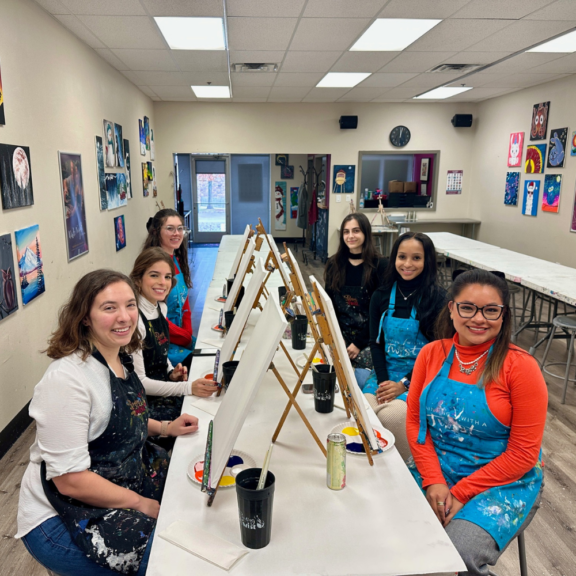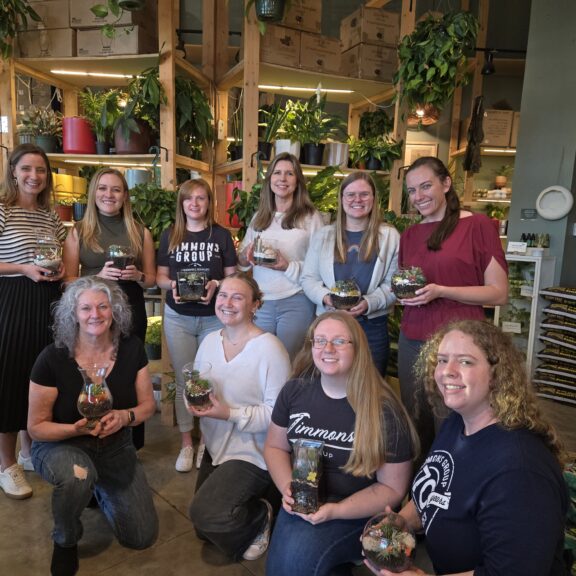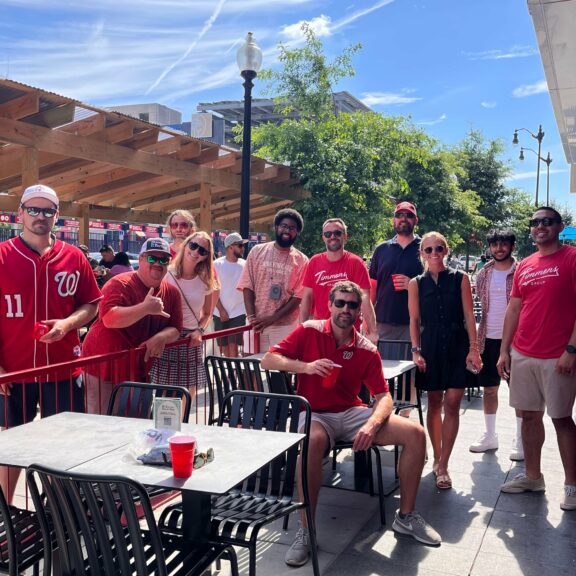Thursday, February 25, 2021 in celebration of Black History Month
On Tuesday, February 9, I sat down with two Timmons Group engineers, Khelsey Lemon and Cliff Lawson, to discuss their roles at Timmons Group in celebration of Black History Month. Khelsey is a Project Engineer in the Richmond Land Development practice and Cliff is a Project Manager in the Raleigh Traffic Infrastructure practice.
Lillian: Thank you both for sitting down with me today. I’m so excited to feature you both for not only Black History Month but National Engineers Week as well. Let’s start with a basic question. What are some favorite parts of your jobs and how do you fit into the equation for your respective departments?
Khelsey: As a project engineer, I am currently working as the lead designer on a major upcoming project. Though I have several projects on my plate, this is one of the biggest projects I’ve worked on since I’ve been here. Opportunities like this are what makes Timmons unique. We design utilities, make sure a site is usable and laid out well.
Cliff: I‘m a project manager in the Infrastructure division, particularly in traffic planning. We do a lot of traffic studies, signal designs, roadways, and pretty much anything else you could think of from a traffic perspective. I’m working on a big project for the City of Raleigh right now; we’re putting together a planning document that looks at a part of the city to study how it’s changing. A lot of low-income / minority residents that live in the outskirts of Raleigh are being affected right now by lack of access to transportation, so we are having discussions about how to make access in the area more equitable from a transportation perspective. This is a great opportunity to get more involved with the public.

Lillian: You know, our conversation today is about Black History Month, so this is kind of a perfect opportunity to segue into the topic of diversity and equity. Cliff, you’re talking about educating the public about redevelopment and engaging with our communities via our resources at Timmons Group. What’s it been like working on this project in Raleigh that this topic is so closely related to?
Cliff: That particular neighborhood is very diverse. This community is in close proximity to NC State, the state farmer’s market, a beautiful park, and downtown Raleigh. But the biggest problem is that a lot of the residents there can’t safely access those amenities without a vehicle, because the area lacks sidewalks or connections to trails, so we’re working on ways to help the local population better connect to their surroundings. We’re trying to create equity from a transportation perspective.
Lillian: Is that an empowering project for you to work on?
Cliff: We’ve been having discussions with residents to get feedback from neighbors. It’s been a challenging project, but it’s been a great experience so far. We’re asking questions like, ‘What’s their vision for the community?’ and, ‘How can we highlight this community’s needs?’ Once we get the final draft to the public, we’ll discuss what they think about the report and what sorts of things they want to see changed. We also have local residents who are working hand in hand with our project team.
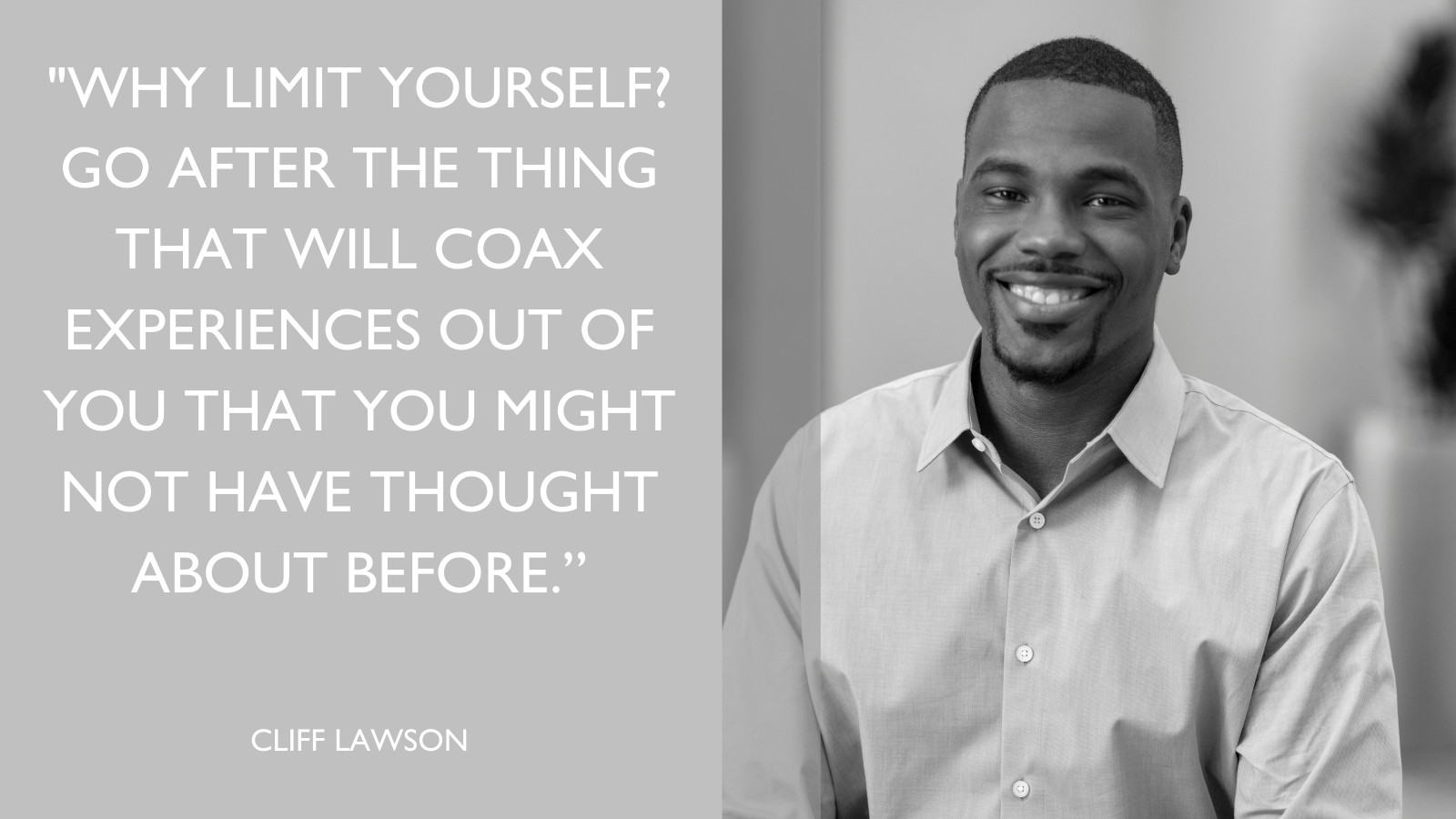
Lillian: That sounds involved but also definitely fulfilling. Khelsey, have you encountered anything similar in your work? Do you have stories about any experiences that have influenced you in an adjacent way?
Khelsey: I work mostly on schools, so to me, all my projects impact someone. I haven’t really felt like I’ve impacted a minority-based community like that so far, but definitely the younger school-aged population.
Lillian: Do you feel the A/E/C industry has been openminded to the history and stories of Black people in the industry?
Khelsey: You can see in 2021 that the industry is still evolving. As a Black woman who went to a predominantly white institute, I didn’t study with a lot of people that look like me in school. I have found that the industry is very welcoming to people of color and minorities, but the career path itself is very challenging for that reason. When you’re in an industry like this one that’s not as traditionally minority-inclusive, that can be very hard because you want to see people that look like you that you can turn to, people who can speak to experiences that you’ve had too. But I like the diversity that we have now, and I like how things are going.
Cliff: I do think the profession is becoming more diverse, but we still have a long way to go to get to the point of true equity. I think we need to have people in these spaces that are very diverse that can speak to certain issues that other people might not be aware of. It’s really interesting when we go into a public meeting to talk about a project and we originally thought that the public’s concern was one thing, but it actually turns out that it’s something entirely different. If you can get the profession to be more representative of the people it’s serving, I think we can come up with solutions that are more palatable to the neighborhoods we’re providing these services for.

Lillian: Is there any particular person or group of people in your life that resonates with you regarding public service? If so, did that impact how you began a career in the A/E/C industry?
Cliff: For me, it wasn’t anyone in the profession, but I do think I was able to be exposed to a lot of teachers who were very passionate who encouraged me to get involved in the community at a young age. But as far as choosing a profession, I wanted to pick a career path that could potentially impact peoples’ day to day lives. I guess I kind of fell into civil engineering with that in mind. I knew I wanted to go to NC State and they have a great engineering program. From there, it seemed like civil engineering gave me the opportunity to positively impact my local community.
Lillian: So you’re thinking about the literal implications of the word ‘civil’ in civil engineering. That’s really thoughtful of you.
Cliff: There are a lot of different things you can apply engineering skills to. If you’re good with math or you’re good with science, there are a lot of different professions you can do. But with civil engineering, you can positively impact your communities.
Lillian: Khelsey, you were nodding when I asked the original question. The question was, ‘is there an individual or group of individuals that has inspired you to do what you do,’ and I saw your eyes light up when Cliff mentioned teachers. Would you like to add anything?
Khelsey: Well, I think for me, I knew I wanted to pursue civil engineering in high school because of experiences I had with my teachers. And obviously knowing civil, it’s very community based. So, when I got to college, I was very involved in NSBE (National Society for Black Engineers), and everything we did was community based. Working with kids serving as volunteers. To me, civil engineers make the world go ‘round. That’s how I see our industry. In my day to day, if I can help improve a project that improves someone else’s life, I feel so rewarded.

Lillian: You are both so community focused. And the fact that you’re willing to sit down and have a conversation with me means that you’re not just interested in engaging on a base level. You’re invested in making the A/E/C industry a better profession for historically underrepresented people as a whole.
Cliff: I agree. Black History Month is a representation of Black Americans who were brave enough to go against the societal norms of their time. We celebrate individuals who took the initiative to make a difference in their communities regardless of their circumstance. It’s always an inspirational time for me.
Lillian: Absolutely, I understand and agree with why’s it’s such an inspirational month. Is there a particular way that either of you celebrate Black History Month?
Khelsey: There are all types of events that are hosted in honor of Black History Month every year. Typically, I do stuff like that with my family. But throughout the year I also like to visit the National Museum of African-American History and Culture in Washington, DC. There’s so much culture, history, and music out there, and a lot of it is STEM-related. You can just never know all of it, so I’m always open to experiencing more.
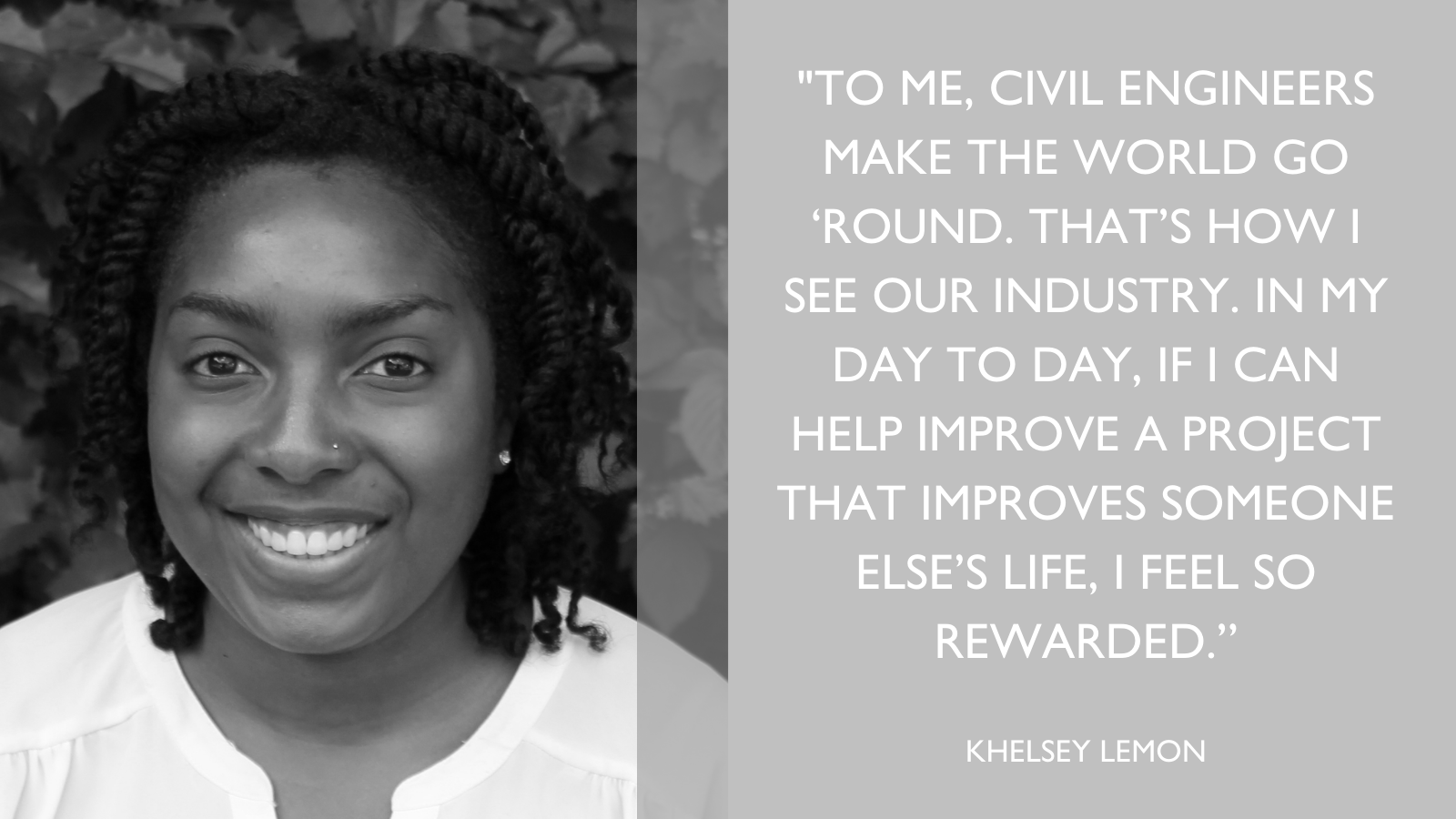
Lillian: If a young Black civil engineer came to you and asked for advice what would you say. Or what would you say to 15-year-old you?
Cliff: Embrace being uncomfortable. I think a lot of times when people choose schools or careers, they think of professions they would feel comfortable in or something that their family members have done, but I would say to question that. When my niece came to me and said, ‘I want to be a nurse,’ I said ‘well, nursing is a wonderful profession, but why not be a doctor? And she said, ‘Well I never thought about that.’ Why limit yourself? I do think that’s the biggest part of it. Go after the thing that will coax experiences out of you that you might not have thought about before.
Lillian: Khelsey, at 15 years old you said you knew you wanted to be a civil engineer. Did anyone give you advice or did you encounter a particular experience that made you want to consider that as a profession?
Khelsey: I would say to stick with it. I’m not going to lie, I was a little deterred at first because it is a hard program. It’s engineering, it’s not easy. But, by sticking with it I’ve seen so many opportunities come my way. It was an instinct, and I’m so glad I stuck with it. I’m able to help build communities for the better at my job every day.
